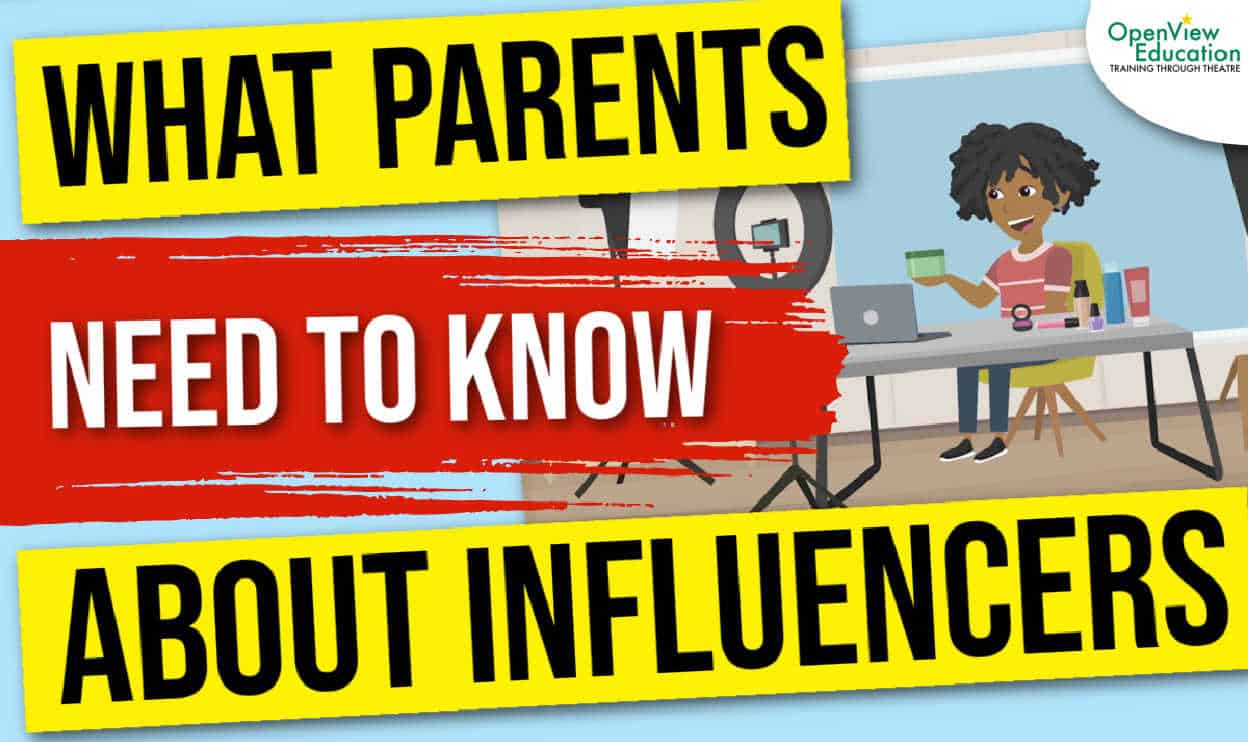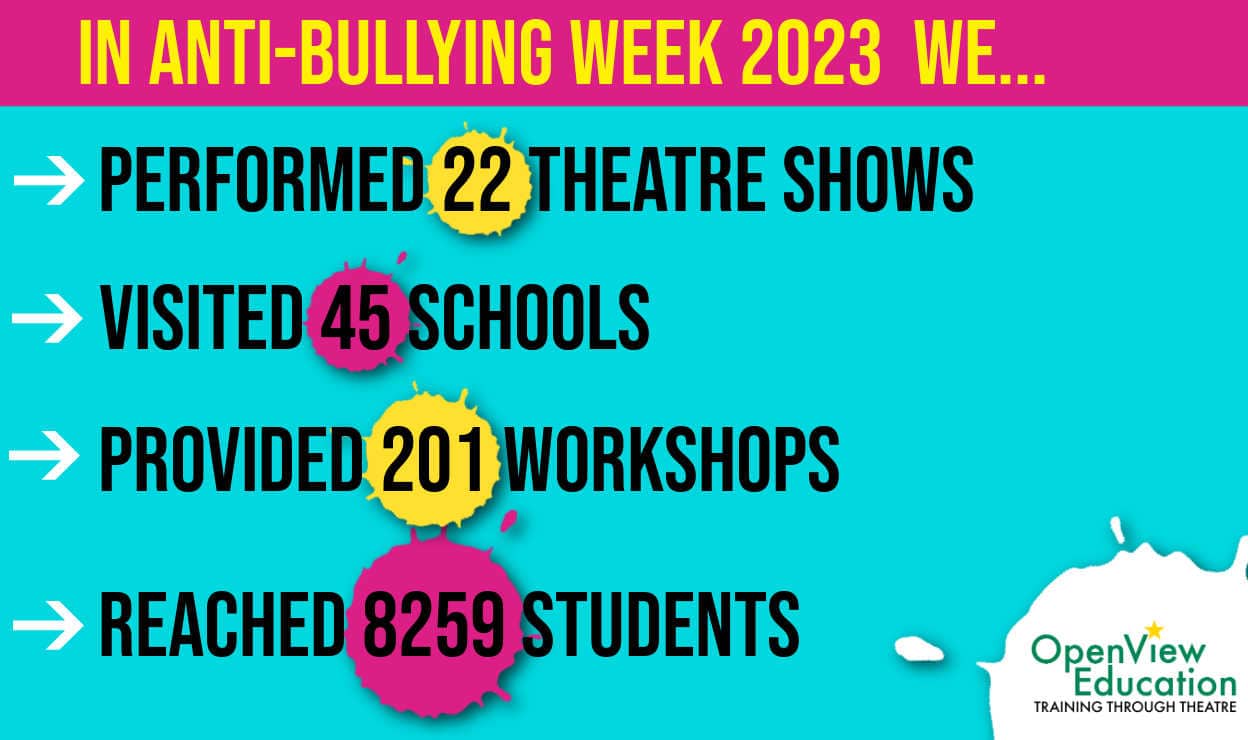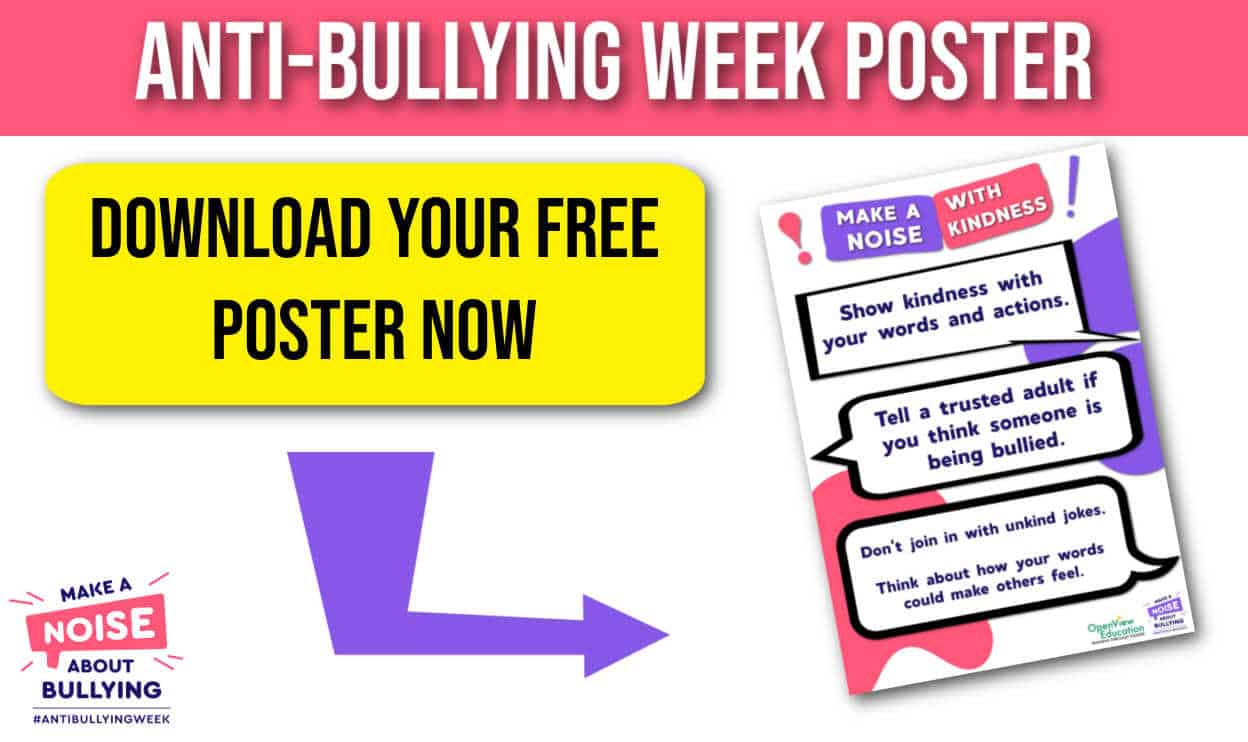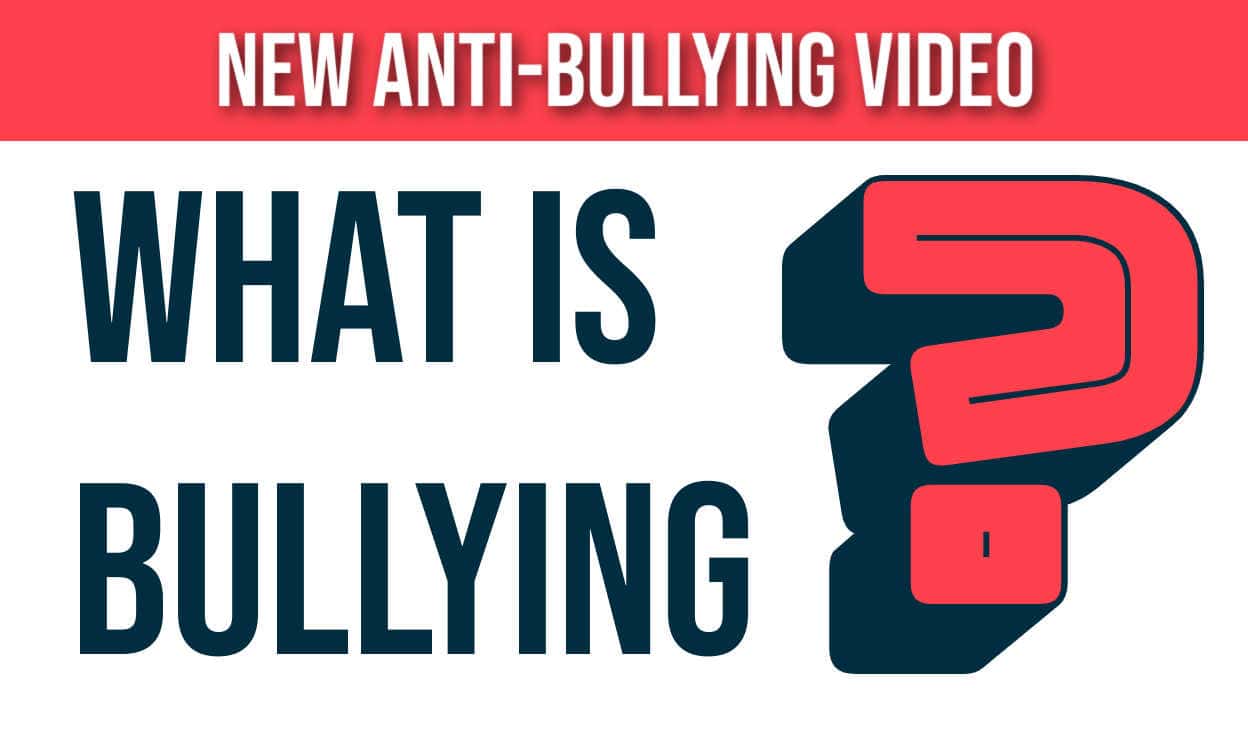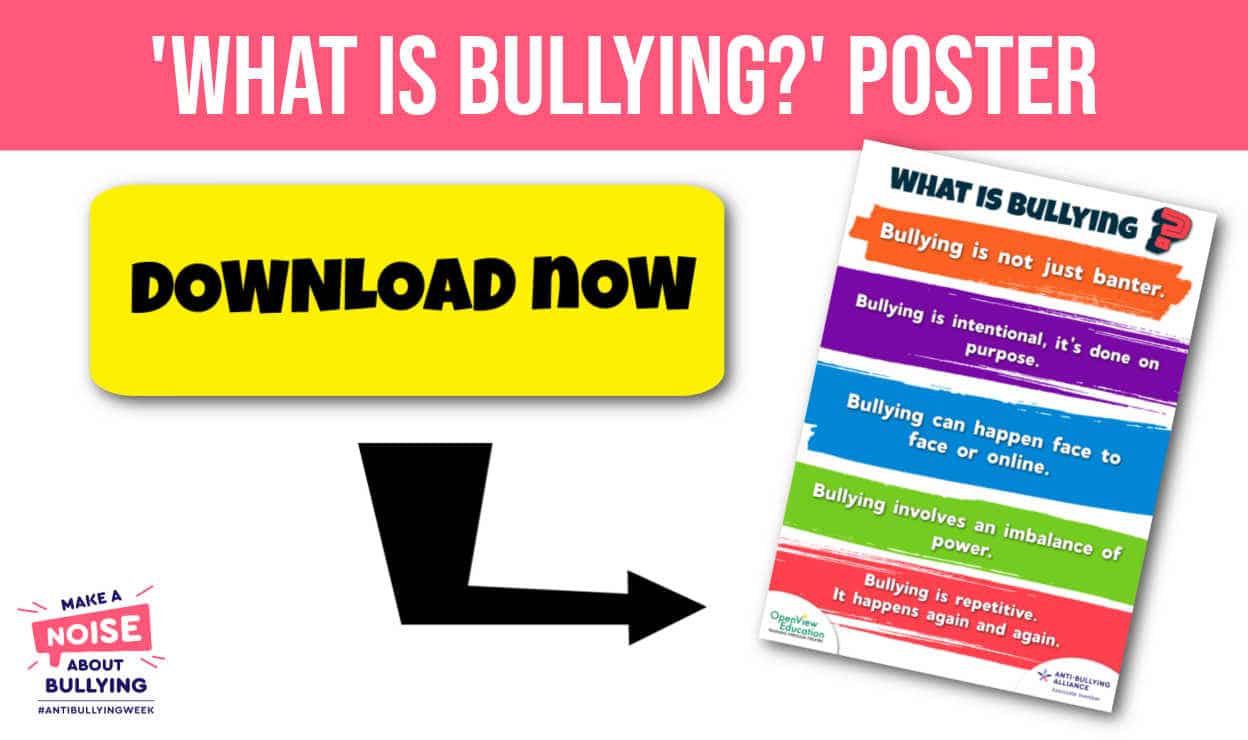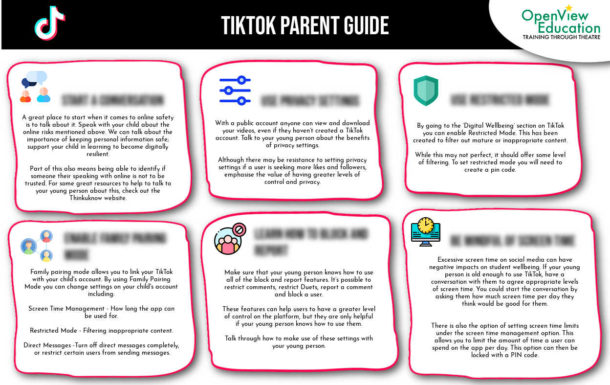Why Teaching is One of the Most Stressful Jobs in Britain And What We Can Do About It.
Research from the National Foundation of Education Research shows that 20% of teachers feel stressed in their role most of the time. This puts them ahead of scientists, nurses, lawyers and accountants at 13%.
The negative health impacts of stress are well known. So what are the main contributing factors that make teaching a stressful job?
Dr Mary Bousted, joint secretary of the national education union, suggests it could be related to…
“impossible workloads, endless accountability, a testing culture run riot and flat or underfunded pay deals year after year…’
The latest data also shows that on average teachers work longer hours in a typical working week than other similar professionals. This could be the reason 41% of teachers are dissatisfied with their amount of leisure time, compared with 32% of people in similar occupations.
Along with this, there is a high level of additional work that can get in the way of teachers being able to do what they do best… teach.
Other factors that impact stress levels can include…
-
Managing behaviour and interactions with students.
-
Lack of clarity around expectations.
-
Increased bureaucracy and additional responsibilities being added to the role.
We may not be able to change the systems and institutions that we are part of, but we can increase our level of clarity around the specific aspects of our role that may be contributing to our stress. We can use this clarity to make new decisions around any changes we want to make in our own behaviour, or any changes we would like to make within our places of work.
Gaining greater clarity and understanding can increase our feeling of control and consequently reduce our level of stress.
So, to increase our self-awareness and to prioritise our mental health and wellbeing, the summer break represents a great opportunity to do a Yearly Review.
A Yearly Review can take as little as 10 minutes, but it can provide the opportunity to become aware of the progress we have made in our professional lives. It can be a time to articulate, and give words to what we perceive as the biggest challenges we face in our roles, and to create strategies for how we can overcome these challenges.
A Yearly Review is also an opportunity to check in with our own mental health and wellbeing, and consider if we have been putting up with high levels of stress. And most importantly, what we can do to improve our wellbeing in our professional and personal lives.
How to do your yearly review.
1. Take a moment to yourself, ideally where you won’t be disturbed. Have something to write in, a journal or laptop.
2. Ask yourself the following questions. (For each question write for as long as new ideas and thoughts come to you.)
-
What do you feel most proud of this year?
-
In what area do you feel you have made the most progress over the past year?
-
What has been your most significant challenge this year?
-
How would you describe the emotional states that you are in most of the time while you are at work?
-
What specific steps could you take to improve your emotional states while at work?
(This may involve changes to your own personal habits and behaviours, or it may involve having a conversation with a specific person to change your current circumstances.)
-
What would make your next academic year even better than this one, and what specific steps can you take to make that happen?
Taking time to do a Yearly Review is an investment in your own wellbeing. As teachers, we give a lot of ourselves to improve the lives of young people. But we also need to invest in, and take care of our own mental health and wellbeing. This means we can consistently show up in the best possible way for ourselves and those around us.
I hope you found this review useful, I’d love to hear from you if you did, and on your ideas you have for dealing with stress at work. Let us know on twitter: @openviewed
OpenView Education’s mission is focused on improving the wellbeing of students throughout the world. We do this through our primary school workshops, including our Anti-Bullying Workshops and Internet Safety Workshops. Find out more about what we do here.
